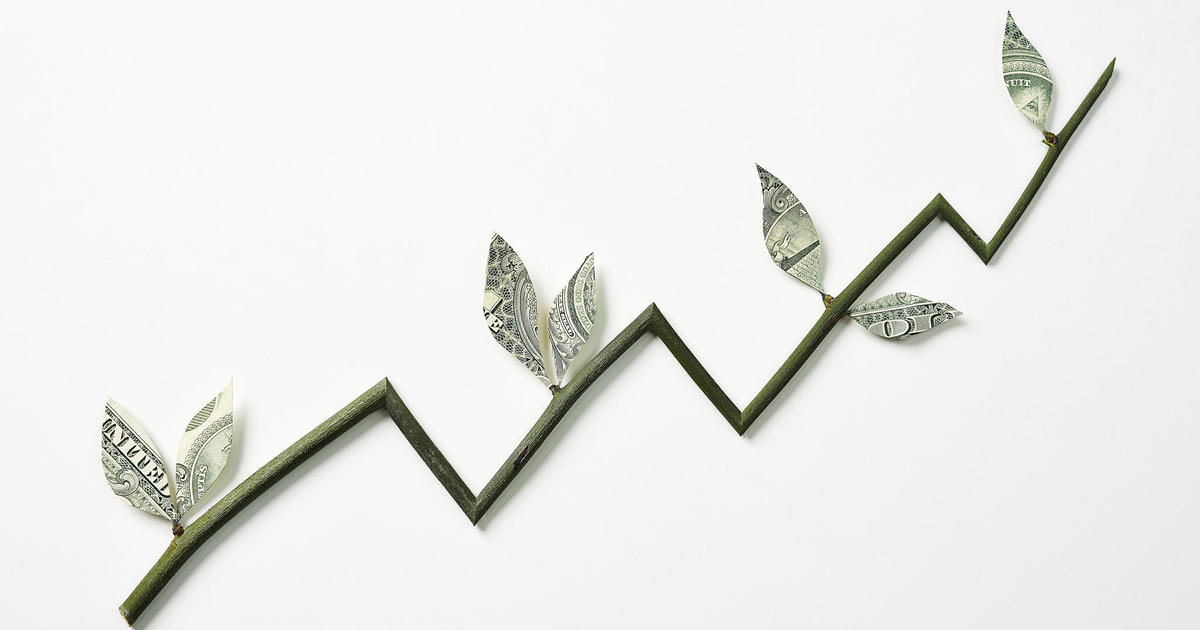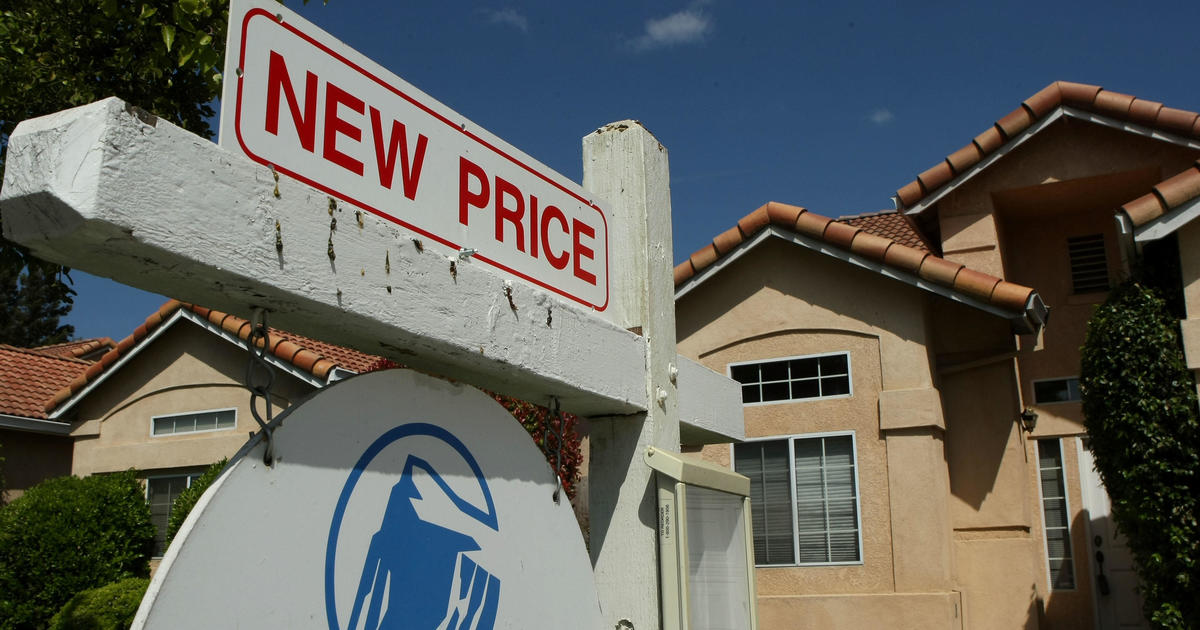Stocks dip after Fed signals it's set to hike interest rates
Stocks rose in afternoon trading on Wednesday after the Federal Reserve left its key interest rate unchanged, but signaled that it plans to begin raising interest rates as soon as March.
In its latest policy statement, the Fed also said it would phase out its monthly bond purchases, which have been intended to lower longer-term rates, in March.
"The best thing we can do to support continued labor market gains is to promote a long expansion, and that will require price stability," Fed Chairman Jerome Powell said in a news conference.
"I think there's quite a bit of room to raise interest rates without threatening the labor market. This is by so many measures an historically tight labor market," he added.
Stock indexes initially rose, then eased back to just below where they were before the Fed's statement was released at 2 p.m. Eastern time. The S&P 500 dipped 0.1% on the day to close at 4,350. The Dow Jones Industrial Average fell 0.4%, and the Nasdaq was essentially flat.
"The Fed is now flagging a rate hike within the next couple of meetings," Brian Coulton, chief economist at Fitch, said in an email. "The labor market is now described as 'strong' — no more references to waiting for maximum employment— and the end of QE has been brought forward marginally to early March. The Fed will want to watch how Omicron impacts payrolls in January and February, but it sounds like they are confident it will not unduly weaken labor market conditions."
Calm after the storm
The market was solidly higher prior to the release of the Fed statement, a turnaround following several days of volatile swings as investors try to gauge whether the Fed will succeed in its new effort to fight inflation. The central bank had been widely expected to continue drawing back its stimulus measures ahead of raising interest rates in the coming months.
Bond yields rose following the Fed's statement. The yield on the 10-year Treasury rose to 1.80% from 1.78% from late Tuesday.
"The Fed statement was in line with the mention that it will be raising rates soon," said Jay Hatfield, chief investment officer at ICAP in New York. "There was no mention of balance sheet reduction, which the market is interpreting as bullish."
Michael Pearce, senior U.S. economist with Capital Economics, said the Fed's latest policy statement suggests the central bank is on track to hike rates a total of four times this year, starting in March.
Technology stocks led the market higher. Microsoft rose 4.9% after reporting standout results for its latest quarter on solid demand for its cloud-computing services and work software. Chipmaker Texas Instruments rose 4% after giving investors a solid earnings report and financial forecast. Retailers, communications companies, banks and industrial firms also rose.
Pressure from inflation on businesses and consumers is what is driving the Fed to raise interest rates this year. There is some concern on Wall Street that the central bank will raise interest rates this year more than the four times that most economists currently expect.
On Wall Street, since the pandemic erupted in 2020 investors have poured money into stocks, confident that the central bank would help keep share prices upright. With that support going away, markets have been hit with a bout of volatility. The S&P 500 is down 7.3% so far this year, while the Dow is off 6%. The Nasdaq Composite has fallen 11%, marking a "correction" — when stock prices decline at least 10% from their previous peak.
Markets rose following the Fed's last policy meeting in mid-December. It wasn't until three weeks later, in early January, that stocks turned jittery. That's when minutes released from that meeting suggested Fed policymakers may be more zealous about fighting inflation through higher interest rates than many had been expecting.
Investors knew that higher rates were on the way, but the minutes showed that the Fed was likely to raise rates faster than in prior efforts to get rates back to normal. Perhaps more impactfully, the Fed also said it was likely to be quicker than in the past to reduce its huge holdings of bonds it had bought up through the pandemic to keep longer-term interest rates low. That would have a similar effect as additional rate increases.
Investors are also gauging the threat from COVID-19 and the Omicron wave's impact on economic growth. The International Monetary Fund cited the omicron variant as the reason it downgraded its forecast for global economic growth this year.
Wall Street is also carefully watching the potential conflict between Russia and Ukraine, which could push energy prices higher and force nations to focus on a war just as they are trying to focus on keeping the virus pandemic in check, along with economic growth.



